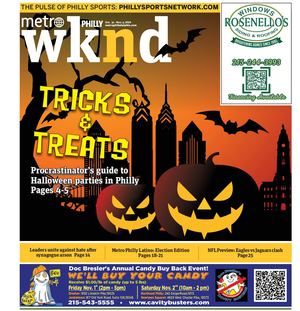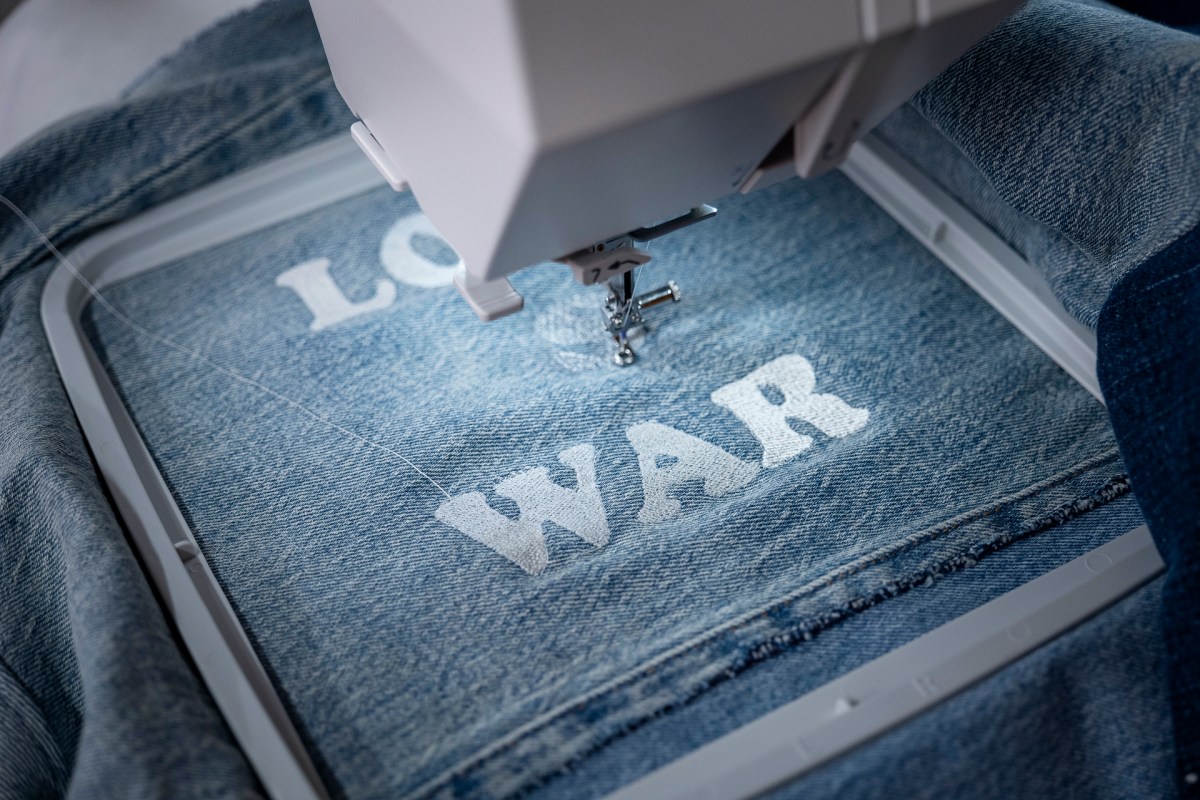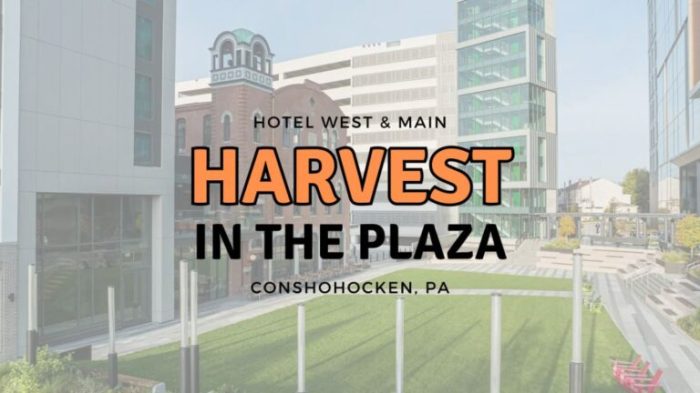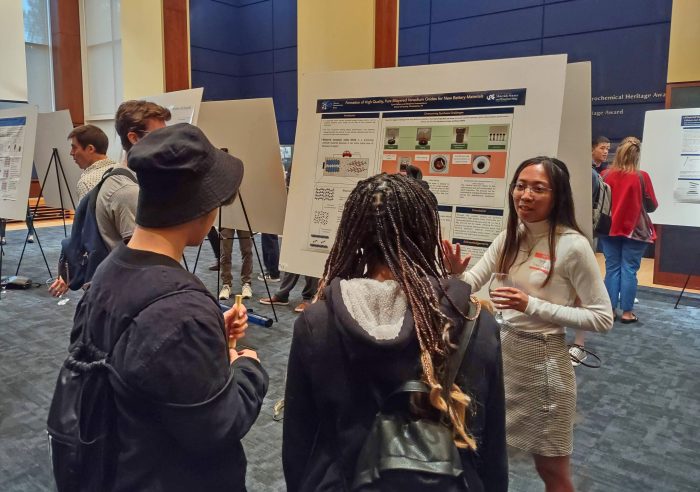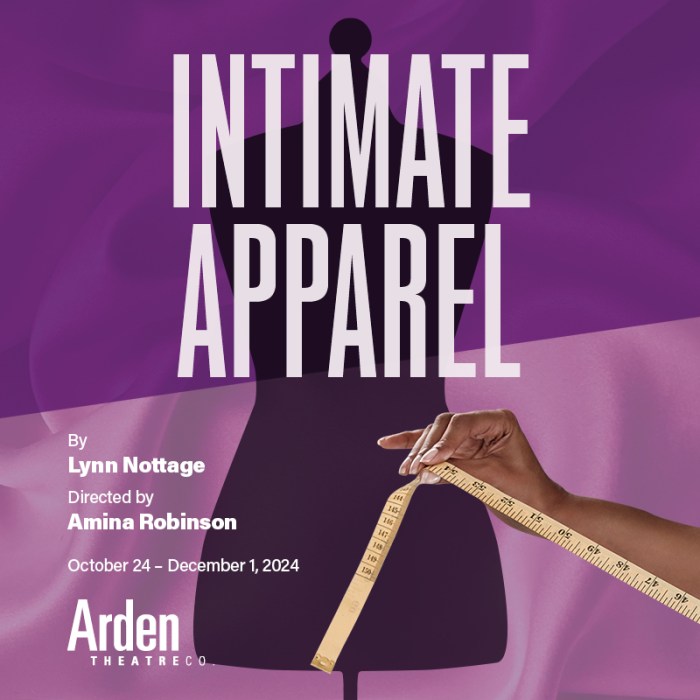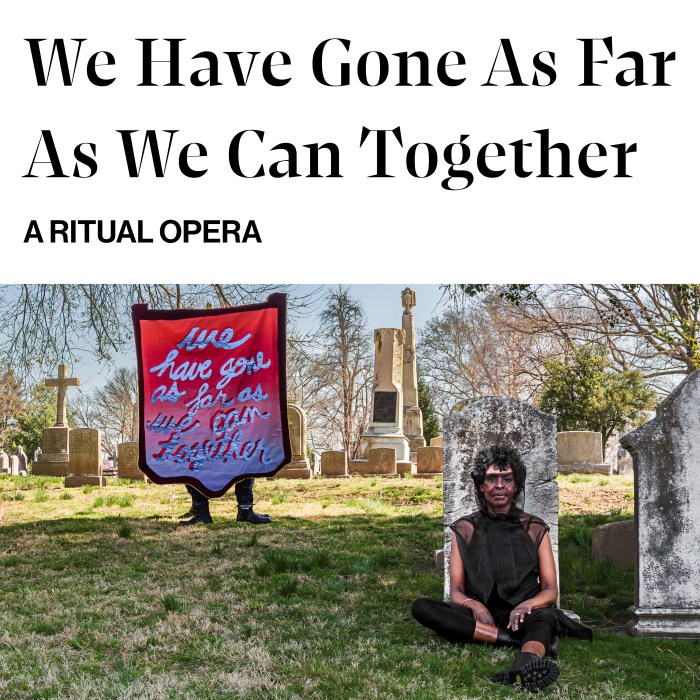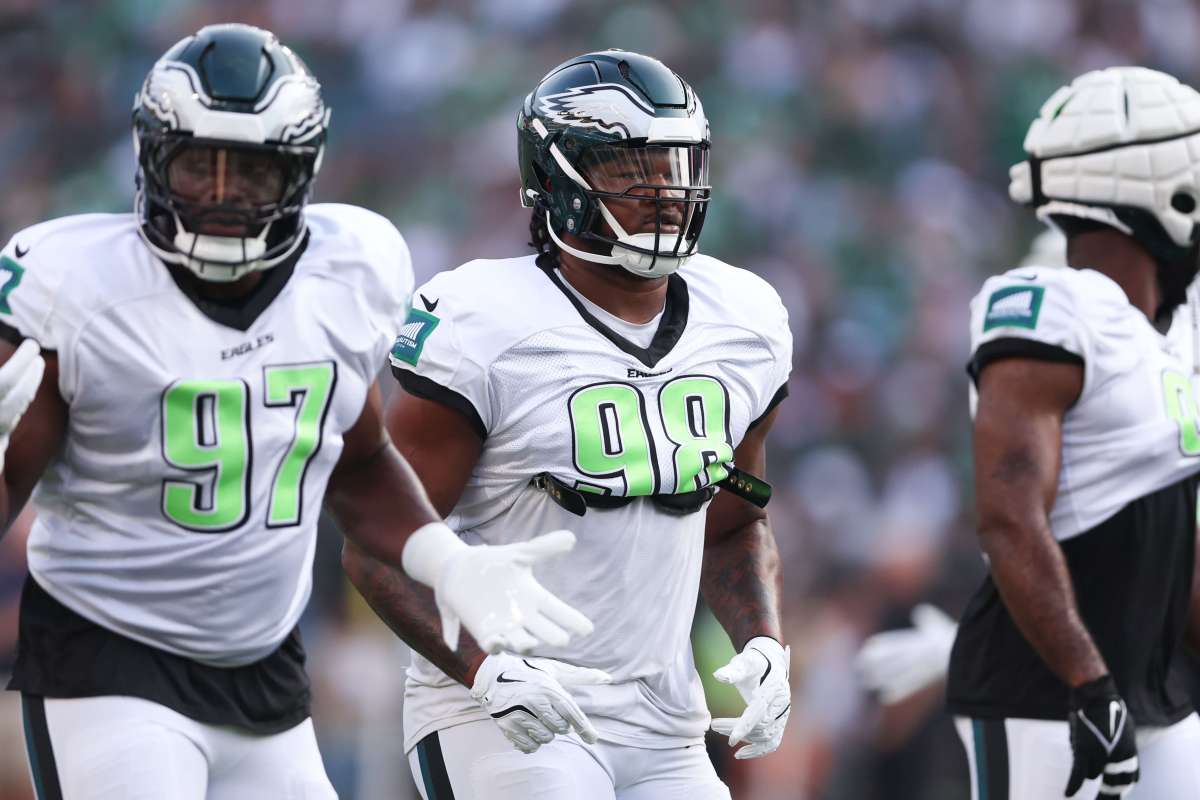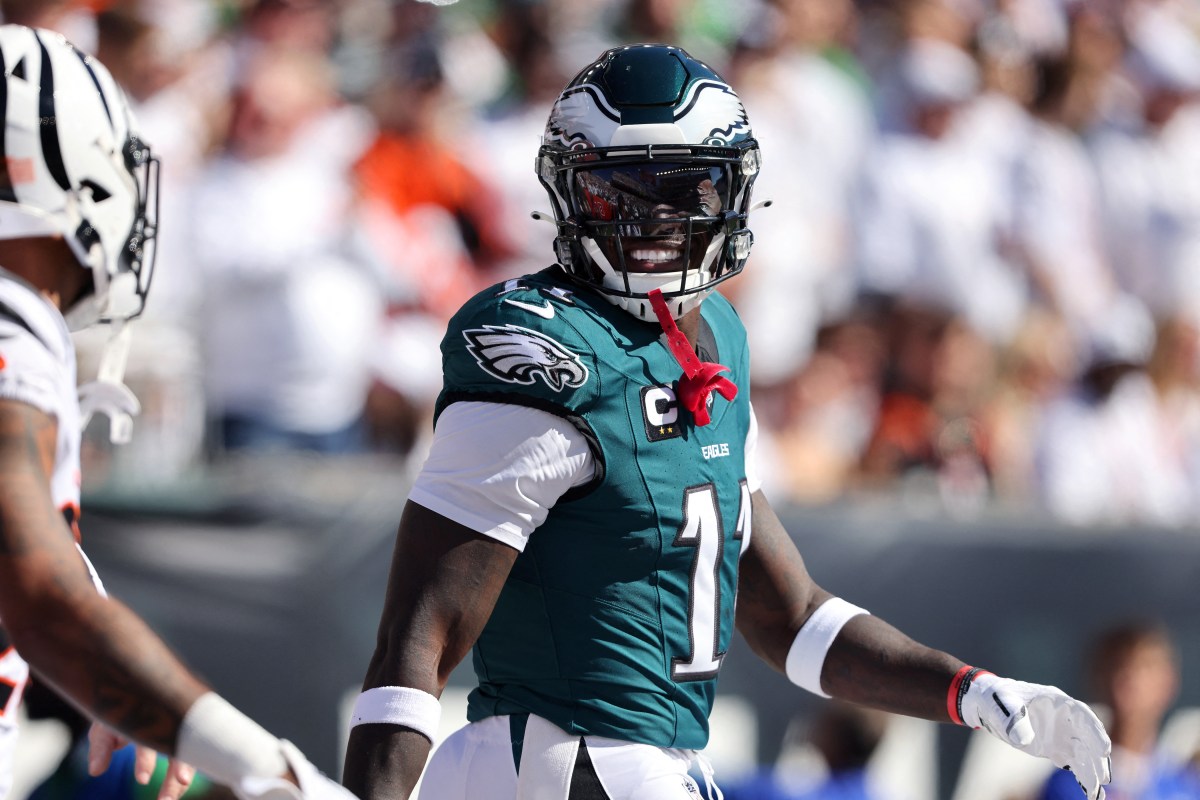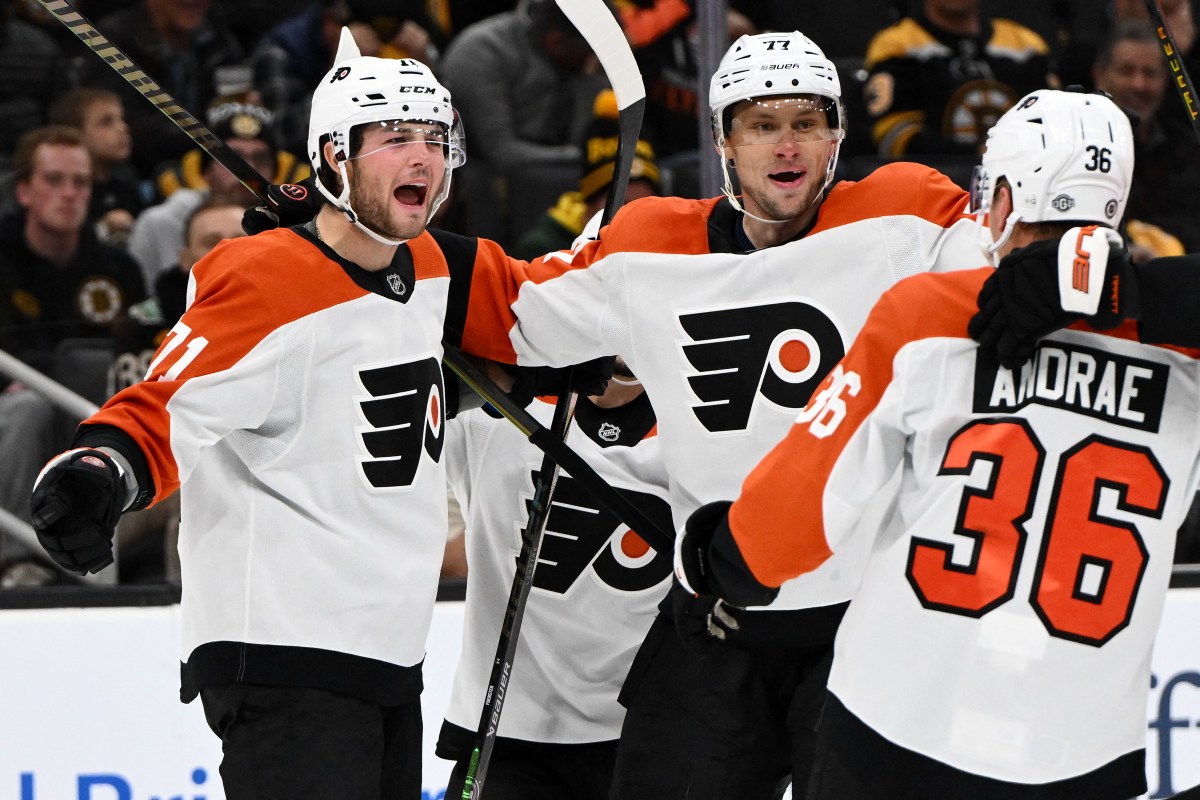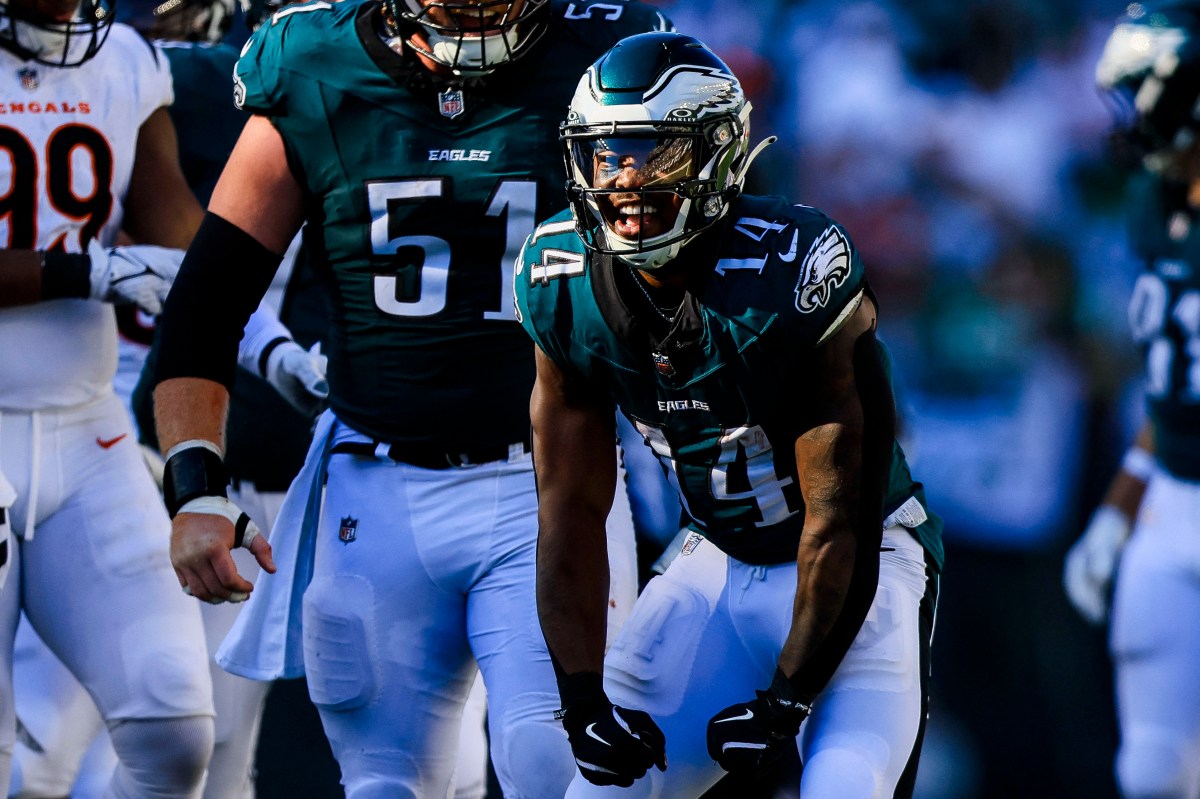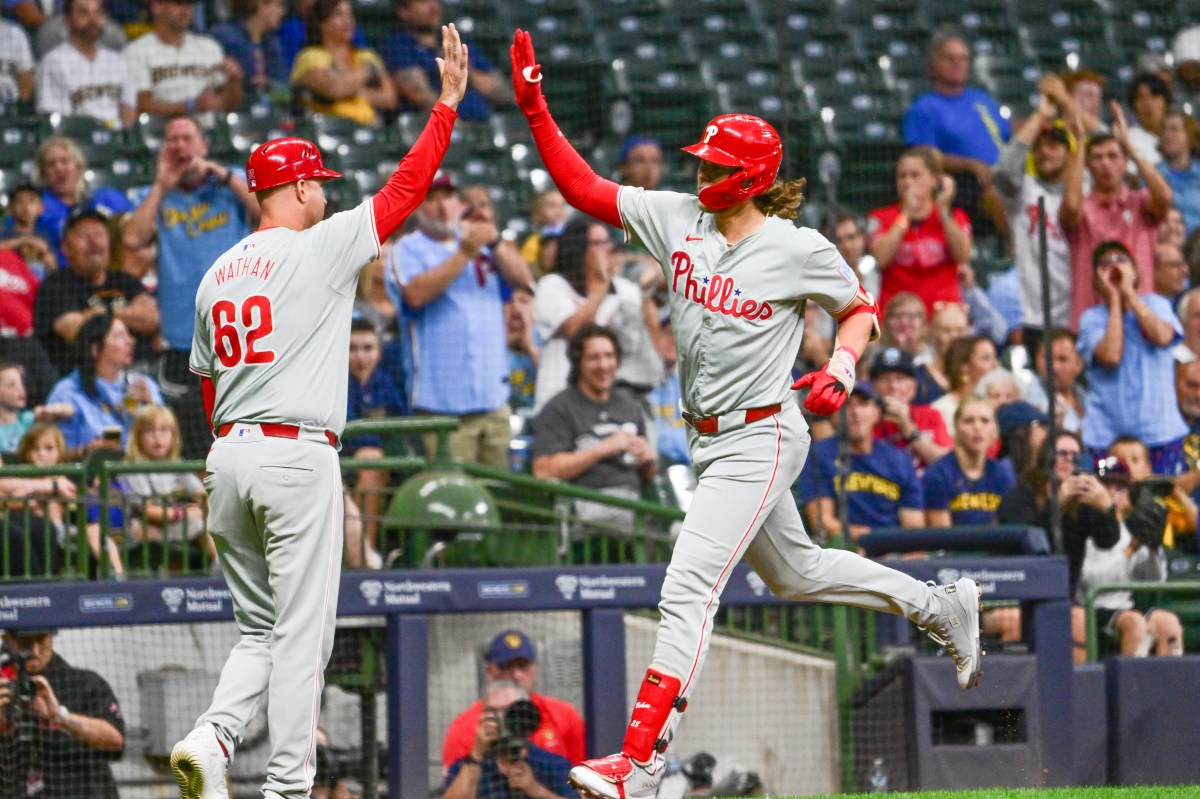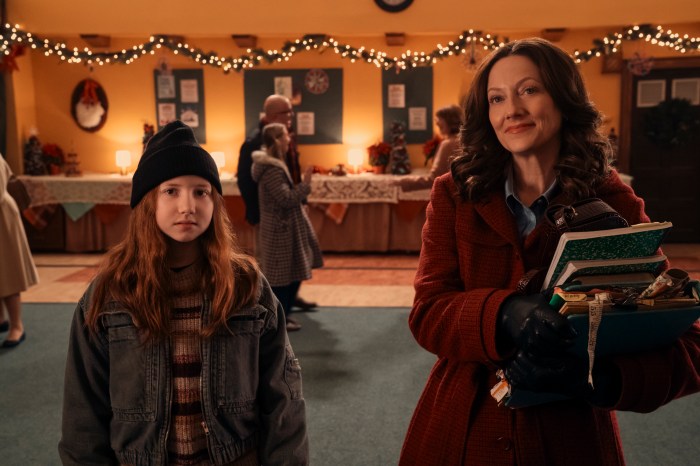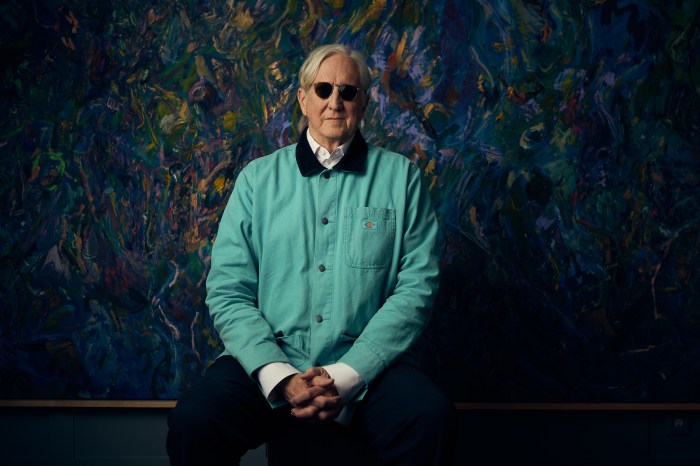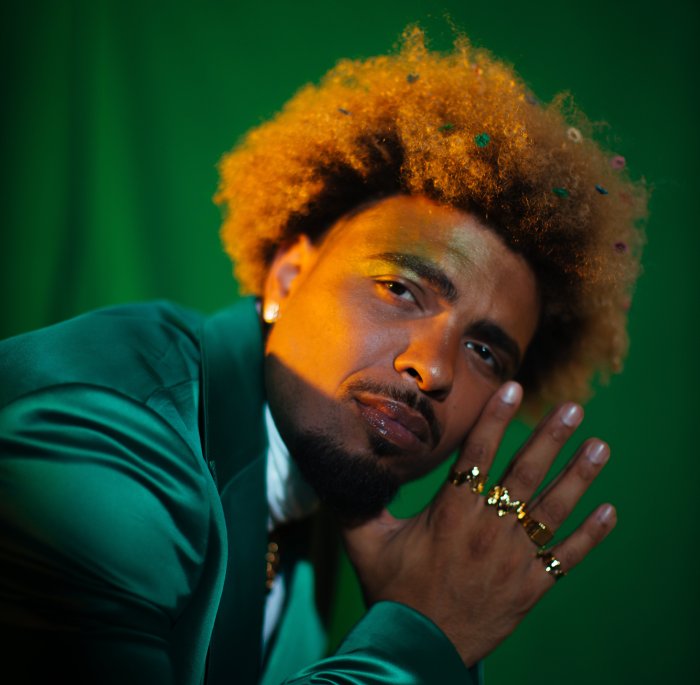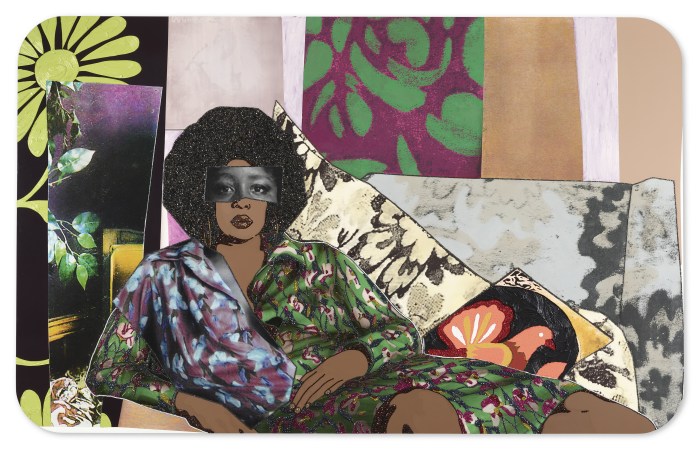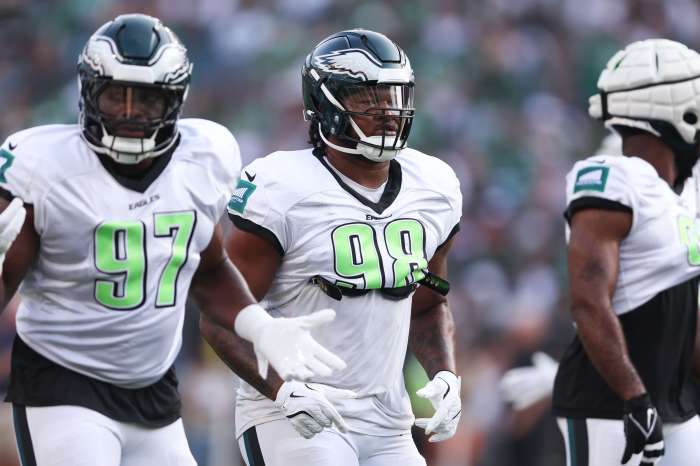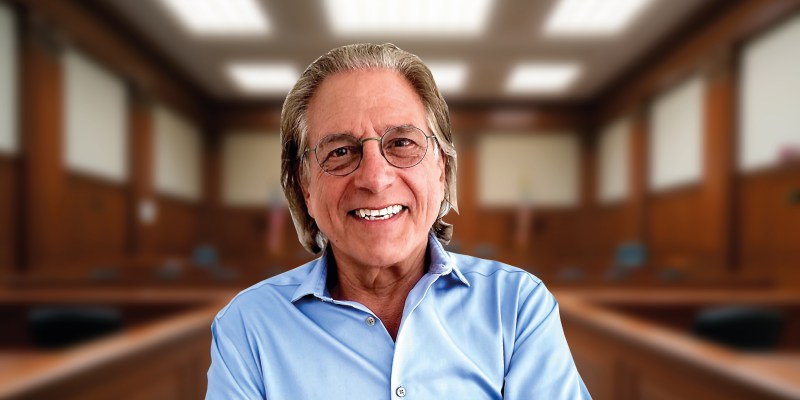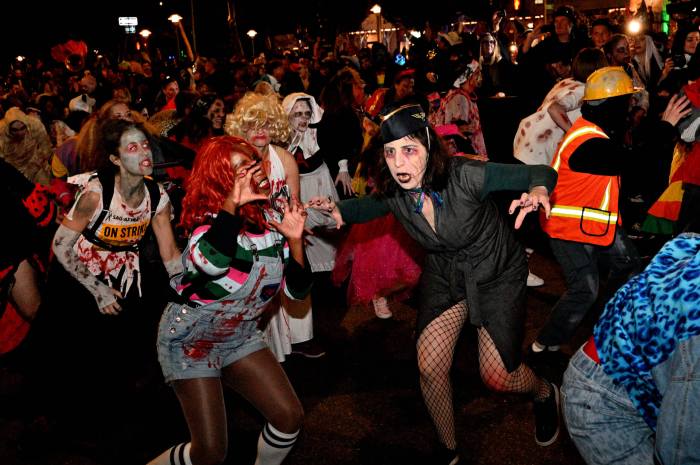Multiple award-winning producer and showrunner Rikki Hughes has worn many hats in the entertainment industry. Over the course of her career, the Emmy and Grammy award-winning force of nature has produced for Dave Chappelle, worked with Sharon Osborne on Divine Records and made the transition to TV becoming the executive producer of Magic Lemonade productions. The latter Hughes attributes to showcasing what she, as a woman, can do in the industry by facing her fears and being herself, and that certainly paid off with her latest show, which she runs, HBO Max’s ‘The Hype.’
‘The Hype’ has been compared to ‘Project Runway’ in terms of format—it’s a competition show surrounding fashion with co-signers—but, that’s about all you get in terms of similarities. The fashion involves streetwear, which is much more expressive and ultimately much more popular, it just hasn’t been showcased in the same way. ‘The Hype’ is meant to show a human experience through fashion and feeling with Hughes leading the charge in a big way.
The show-runner sat down with Metro to discuss what went into creating ‘The Hype.’

Where did the idea for ‘The Hype’ come from?
The idea was about an underserved community, a $158 billion industry that no one is giving a shine to. The only time we would see streetwear, maybe there would be a challenge on one of the fashion competitions shows and it would always be lackluster because you have people who are doing high fashion that are now trying to dabble into streetwear—which is anti-streetwear, because streetwear is the voice of the streets translated through clothes. There was never that voice to be heard, and I constantly represent the underrepresented voice. For me, it was a no-brainer: I had already done another show with HBO Max when I did ‘Fresh Prince of Bel-Air Reunion’ and they trusted my creative. So, when they trusted my creative with ‘The Hype’, it was just a natural partnership with amazing partners.
What went into finding the co-signers?
There were a couple of things that were big for me. I didn’t want to call them judges, I called them co-signers because although with our normal reality competition show tropes they fit into that slot, in streetwear, it’s more about a co-sign. If you get a co-sign from an artist or from a stylist, or from a vendor, someone that is buying from the buyer—that’s everything for a streetwear designer. That’s the entry point and those are the gatekeepers. For me, everything about this show had to be authentic for the space. Anything that felt like it was something contrived from TV or from another type of competition show, we looked at it as how does this shape through the streetwear lens?
You say streetwear is more than fashion in the show, what does that mean to you?
The lay person should be able to watch the show who is not just a streetwear enthusiast. So, a 40 year old soccer mom who’s watching the show will be able to get into the show as well and we should be able to unpack this industry for her in a very cool, entertaining way. My approach from the beginning was: We have this high fashion industry that is always taking their cues and nods from streetwear….so how do we put that on a platform?
A part of it was bringing everything from the space that happens in streetwear from the music, the environment, new artists that we have for the music, new up and coming photographers—all of the pieces from the street-wear world we brought onto the show. The first thing we did was realize that you can’t define streetwear. So we thought about the genesis of the show and the opening statements are the minute you try to put your thumb on streetwear, it moves by nature. It’s instinctual. It’s not a show that we put into the box, and it’s not a show where we try to define streetwear, we just wanted to give it a platform to exist.
Something else you see are some personal challenges that contestants go through. Why was that important to showcase?
I’m not a person who does reality TV… so, for me, whatever happened authentically in the space, I felt like it was going to impact work. To give the audience a snapshot into what’s going on in their world is important because these kids, and I say kids but they’re adults, they emote and when they emote they create. So much of their creations are based on what’s happening in their world. For me, it was important to unpack all of that stuff for them and give it some context.
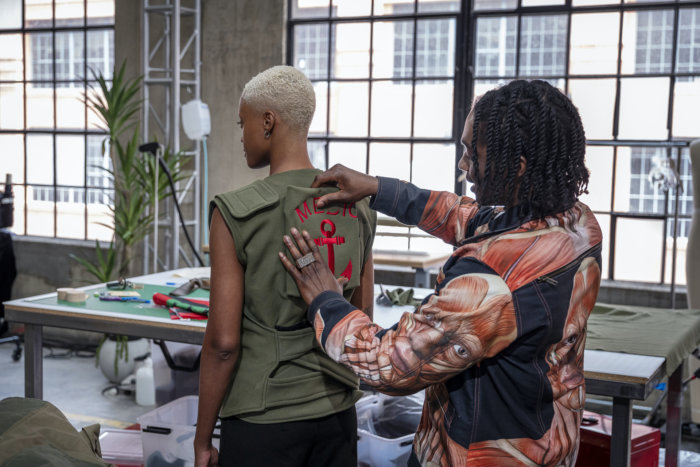
Where does this show fit in with the reality competition genre?
I’m really proud say that this show doesn’t feel like other competition shows. There are format issues that of course are in all shows, but with everything else we were open to and HBO was a great partner to flip everything on its head and say what’s authentic to this world instead of what’s authentic to TV? So, even in our casting process, as we started to go out and cast I said I don’t care what their socio-economical standing is, what they look like or what their personalities are—which is anti-everything when you do casting on TV.
I said I want to go with who’s talented in this field knowing that streetwear is surf-wear and goth-wear and hip hop and LatinX and all of these worlds come together under the streetwear banner. So, for me it was important for the fashion to speak for itself and then when we felt like we found the best representatives in the U.S., then the next thing is who’s willing to play ball and give a great representation on screen.
What would you say for viewers to expect over the course of season 1?
Expect the unexpected. It sounds cliche but no one is guaranteed their safety on this show. The show constantly turns on itself. I mean, we got the George Floyd verdict in the middle of the show while taping… expect for the real world to really spill into the show.
Catch new episodes of ‘The Hype’ Thursdays on HBO Max.
